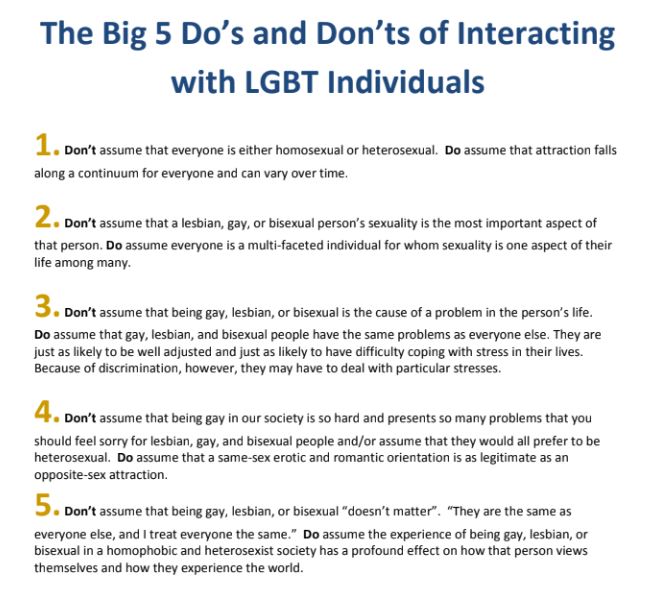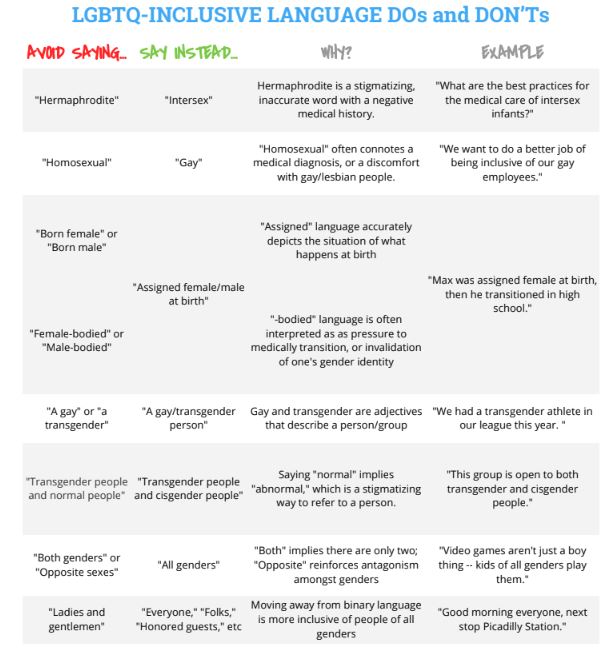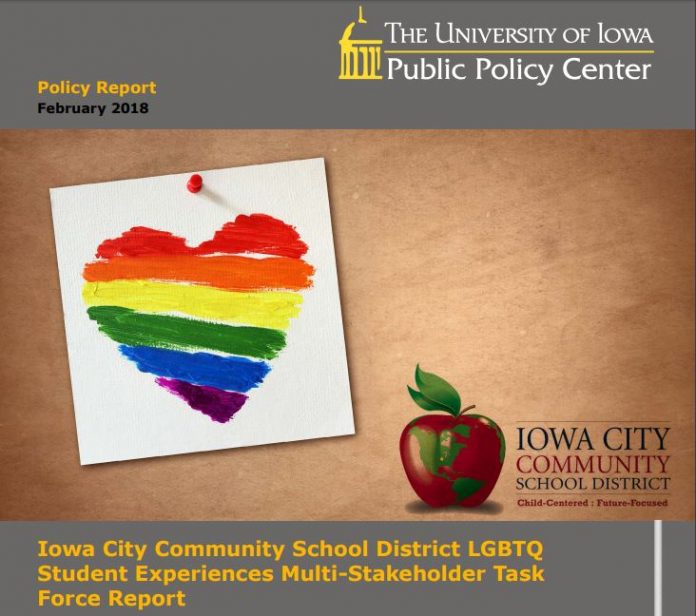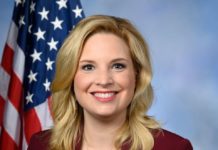A couple weeks ago we detailed a report done by the Public Policy Center at the University of Iowa that essentially laid out in clear terms a plan for Iowa City schools to further efforts for LGBTQ indoctrination of students.
There are also resources on the district’s website that undoubtedly shape how the issue is presented to staff and students in Iowa City.
One document is titled “The Big 5 Do’s and Don’ts of Interacting with LGBT Individuals.”

The first is not to assume everyone is either homosexual or heterosexual. Truth is, according to the document, attraction falls along a continuum for everyone and can vary over time.
Another no-no is assuming that being gay in our society is “so hard and presents so many problems that you should feel sorry for” LGBT people and/or assume that they would all prefer to be heterosexual. Instead, the document says that a same-sex erotic and romantic orientation is as legitimate as an opposite-sex attraction.
The final point is not to assume being LGBT doesn’t matter. We are supposed to assume the experience of being LGBT in a “homophobic and heterosexist society” has a profound effect on how that person views themselves and experiences the world.
There’s also a document on do’s and don’ts for language.

Avoid the term homosexual and instead, use gay. Why? Because homosexual often connotes a medical diagnosis or discomfort with gay/lesbian people.
We are also supposed to avoid saying “born female” or “born male.” Instead, say “assigned female/male at birth.”
On idea to avoid is that there are “transgender people and normal people.” Instead, there are “transgender people and cisgender people.”
No more phrases like “both genders” or “opposite sexes.” The correct term is “all genders.” Why?
Because “both” implies there are only two and “opposite” reinforces antagonism amongst genders.
Don’t use “ladies and gentlemen” either. Instead, it should be “everyone,” “folks,” honored guests.”











